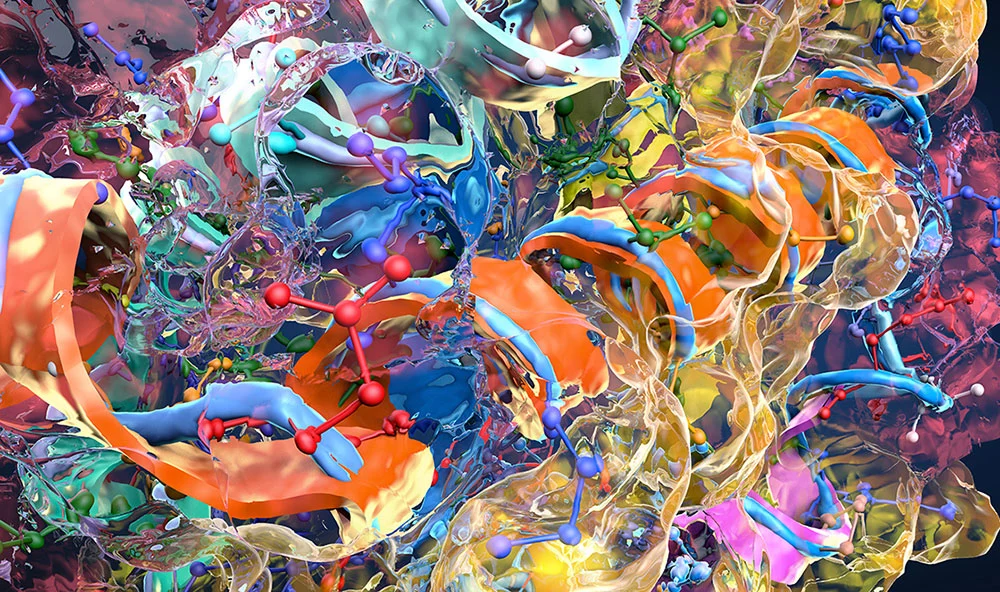BioEmu uses GenAI to simulate protein shape changes 1,000x faster than traditional methods—reshaping drug discovery and bioengineering.
BioEmu Speeds Protein Dynamics with GenAI. Researchers have introduced BioEmu, a generative AI model that simulates protein conformational changes at high speed. Traditional molecular dynamics (MD) simulations are accurate but extremely slow, often requiring days to explore the full range of a protein’s shape. BioEmu delivers similar insights in just one GPU-hour, generating thousands of equilibrium conformations from a single protein structure.
Fast, Flexible, Functional Predictions. BioEmu learns from over 200 milliseconds of MD simulation data, AlphaFold predictions, and experimental datasets. Once trained, it generates structural ensembles that reflect how proteins behave under native conditions. The model predicts rare and functionally relevant changes like hidden pocket formation or domain rearrangement, with free energy accuracy within 1 kcal/mol compared to full-length MD simulations.
Overcoming Simulation Bottlenecks. The platform enables high-throughput prediction of protein dynamics without the cost or time of repeated simulations. Its property-prediction fine-tuning (PFFT) algorithm allows customization of outputs to match experimental conditions, even when direct structural data is limited. BioEmu does not simulate time-based motion or environmental variables, but it excels at generating fast, diverse, and statistically relevant equilibrium snapshots.
High-Impact Use in Biotech R&D. BioEmu is ideal for protein engineering, drug design, and variant analysis, where speed and structural insight are critical. While it relies heavily on quality training data, its ability to replicate MD outcomes at scale makes it a powerful tool for researchers. With BioEmu, GenAI moves beyond static structure prediction into real-time functional modeling, bringing new efficiency to biological discovery.



